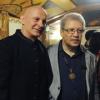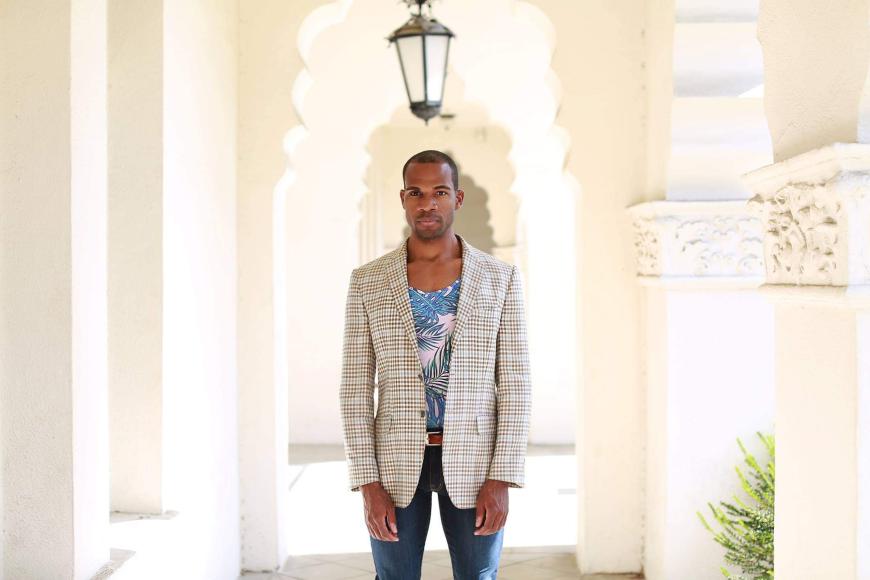
It’s not every singer who can also embrace a variety of administrative roles, but that is precisely what bass-baritone Derrell Acon is doing. In addition to having made his debut in the roles of Jake and Jim in Porgy and Bess at Semperoper Dresden and at Tel Aviv’s Charles Bronfman Auditorium, the multifaceted artist was recently named vice president of people operations and inclusion, a new executive position created by Opera Philadelphia.
Indeed, a 2013–2014 Fulbright Scholar who researched the operas of Verdi and lectured on the Black American experience, Acon is also a cofounder of the Black Opera Alliance, an organization launched during the pandemic. But for those who missed Acon when he premiered the role of Antron McCray in Anthony Davis’s Pulitzer Prize-winning opera The Central Park Five with Long Beach Opera in 2019 (Acon had also been LBO’s associate artistic director and chief impact officer but bowed out because of having too many commitments), audiences will have a chance to see the singer in Heartbeat Opera’s Fidelio Feb. 26–27 at The Broad Stage.
Heartbeat, an independent opera company cofounded by Ethan Heard and Louisa Proske in 2014, specializes in audacious retellings of classic works and has garnered rave reviews for its radical adaptations, including those of Carmen and Madame Butterfly. The New York Times’ Joshua Barone wrote that the troupe’s 2018 Fidelio was “urgent, powerful, and poignant” and that the production “deftly navigated the tricky art of adaptation with new English-language dialogue.” And in the company’s revised revival that was recently staged in New York, Barone wrote that Acon’s performance of Roc, a senior guard, was “sung with both charm and dramatic complexity.”
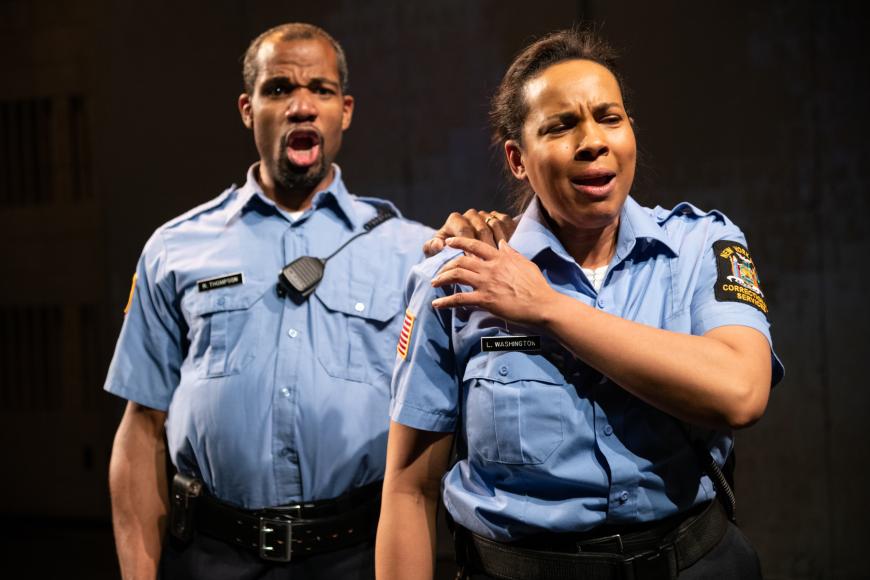
But wait! There’s more: Acon was recently named Heartbeat Opera’s first associate artistic director, and with more than 15 years of experience as a diversity, equity, and inclusion (DEI) practitioner, the multitasker continues to establish himself as a leader in classical music, education, and ethnic studies as it all relates to the role of the artist-as-activist. I spoke with Acon by phone from New York, where he was rehearsing Fidelio before it begins its four-city tour.
How does a Fulbright Scholar end up wearing so many hats, and what do you consider your first love — singer, activist, associate director?
I really think my time on the Fulbright grant gave me the freedom to carve out my own journey. It was about me researching Verdi [in Italy] and also lecturing on the Black experience. My passions on paper were quite different, but I found a way to bring them together. Since then, I found everything needed to be rooted in activism.
We’re all activists in some way at heart, and I decided to make it more definitive in my career. They’re all through the lens of activism, and my first love is justice and being on the ground. It’s my belief that I have a heart, a mind, a soul that is drawn to spaces that seek justice, and I’m not apologetic about that.
Let’s talk about Heartbeat’s Fidelio, which is set in a contemporary prison and includes the recorded voices of six choirs from Midwestern correctional facilities. Here we have a Black activist, who is wrongfully incarcerated, with his wife, Leah, disguising herself to infiltrate the system and free him. What are your thoughts on the production, and why do we need this Fidelio now, it seems, more than ever?
There are text changes in English made to support that narrative that speaks to intervention that is paramount in the way we get to the next stage in making opera as impactful and inclusive as it can be.
We do need this now more than ever is what’s so beautiful to me about this piece. In a regular Fidelio, you can go and see it, and no one would be terribly annoyed with you if you were bored and walked out of the theater. But this version, it is so immediate, and it’s so in the here and now that it just reminds us why these masterworks are masterworks. They can stand the test of time once we hold onto that centering, grounding message.
It’s a system unfairly, unjustly taking someone in and this woman stepping into the role of hero and saving this character. That was relevant in Beethoven’s time and unfortunately remains relevant in our time. And that’s what our adaptation points out — that there is continuity across centuries.
The score has been pared down by Heartbeat Co-Music Director Daniel Schlosberg for two French horns, two cellos, two pianos, and percussion that seems to channel the emotional core of the opera. And then there are the choruses, 100 incarcerated singers and 70 volunteers from six prison ensembles, recorded and projected onstage.
Musically, it’s a small ensemble, but I think it works quite well, although I don’t think of them as reductions because some things have been cut, some have been added. As for the choruses, we recorded them, we hired someone to mix the film footage, and while we keep that as a component of the production, it’s been reedited to have it work more impactfully, and that will be the centerpiece.
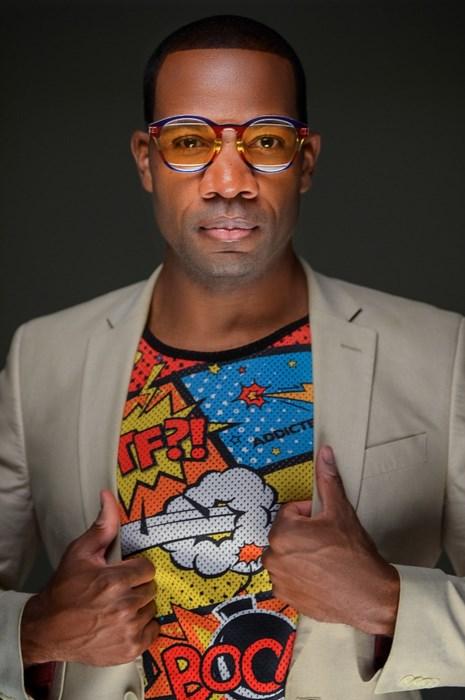
As of last summer, you became Heartbeat’s first associate artistic director. How long have you worked with them as a singer, what’s your job description, and how do you balance that with vocal duties?
I’m very, very excited about that position. I began working with them in 2018 in their first production of Fidelio. I didn’t know a ton about the company but went into an audition for the role of Roc. I remember entering the room and before anyone opened their mouth, I felt the worth of this young bunch of folks. I noticed that right away.
The conversation after I sang my selection was so refreshing. They cared about me as an artist, not as a piece of vocal commodity that they can discard, which happens too often. That was my introduction to Heartbeat, and over the years when you have friendships that you’re passionate about, things tend to accelerate. I was also in their [2019] Der Freischütz.
Last year, [Artistic Director] Ethan Heard reached out to me, and we began conversations about what additional work with Heartbeat might look like outside of the performance space, seen through the lens of advocacy — to make sure we’re centering the values of the project we’re involved in.
With the first production of Fidelio, the tenor got sick, and we hired another tenor to sing from the side of the stage. He happened to be a white tenor, but because this story is about Blackness, it was up to me to say, “I think we cannot turn to one of the usual processes of opera and get any old tenor, we need to find a Black tenor to sing this role.” The company agreed, and we gracefully and responsibly had a conversation with the tenor who had been slated to sing, and we found someone else.
Those types of situations might not be the most elegant, but they’re important and are the mechanisms at play that are preventing us from making progress in equity, especially inclusion. Heartbeat has always been willing, and it’s such a joy being with a company, learning with a company, and hopefully helping to build how it works.

In terms of balance, I won’t pretend I have completely figured it out yet, because that’s still in progress. What I do know is I work with colleagues who are so gracious and we’re all doing what we love. I’ve never felt pressure to center any one hat that I’m wearing, but I’m doing the best I can. With the new job at Opera Philadelphia, the focus on various things I’m doing will be even better.
What are the challenges in running opera companies on a small budget (getting talent, the right mix of song and story?), and how do you put together a new piece, as theater is ultimately a collaborative art? And with Heartbeat, who has the ideas and who puts these ideas into practice, as it seems you have your finger on the pulse of things?
There are many challenges, but whereas a very large company has a network of donors that you can always count on, no matter what, and oftentimes with smaller companies, it’s production by production and then finding the money. It’s similar to what independent producers are doing.
But there are equal amounts of challenges to large companies, especially today when they’re reevaluating themselves, their shortcomings, their commitment to living out their respective mission statements. It’s harder to change systems in a big company, and I wouldn’t say a larger company has it better than a smaller company. I prefer companies that can be nimble because we need tons of change.
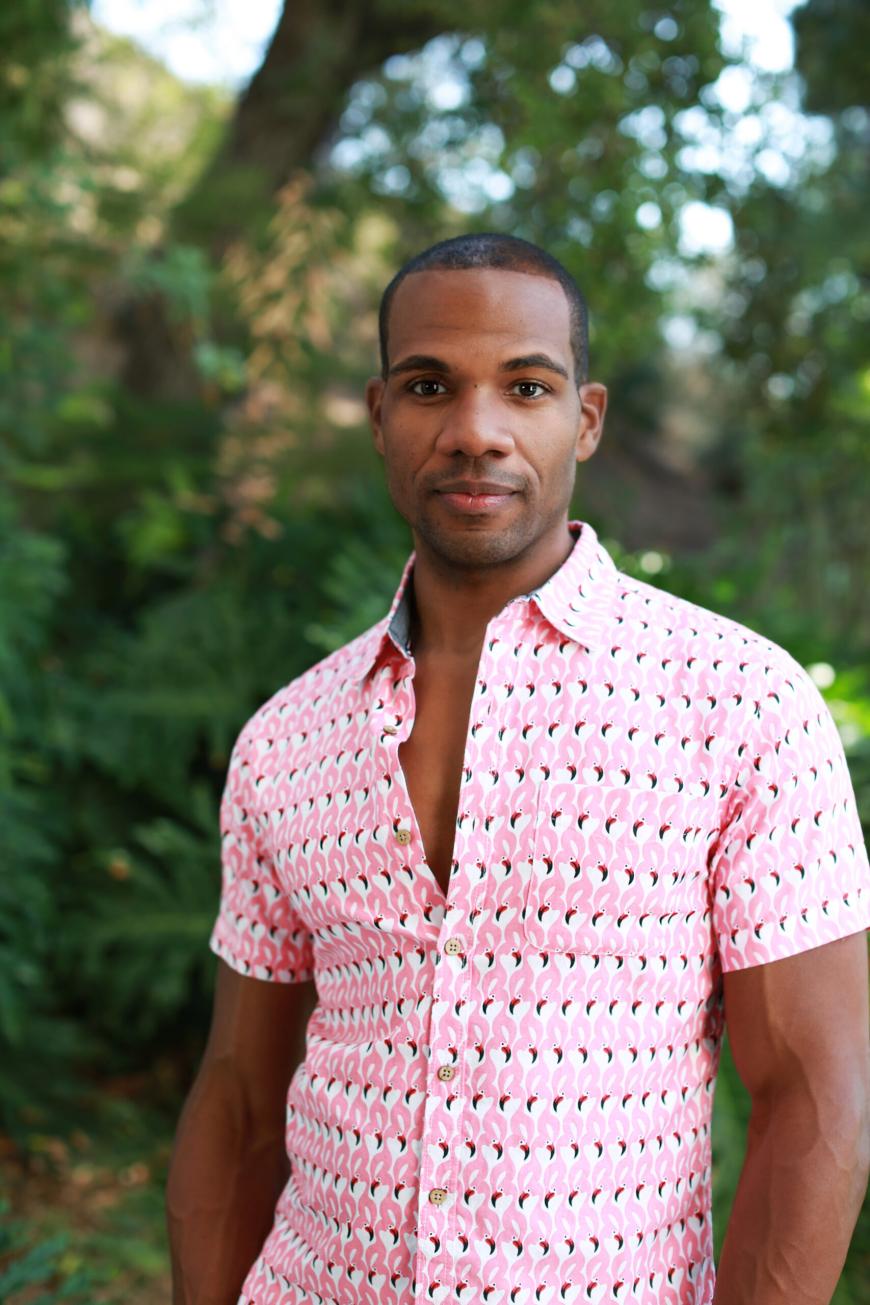
But not only are small companies nimble. Opera Philadelphia is dedicated to cinematic works, streaming platforms with its own digital channel, and carrying opera to the here and now with younger audiences. It was super-efficient in the pandemic and was poised to do so even before [COVID] with a lot of their operations ready to transition to that.
You’re in a position — several actually — to change a young artist’s life. What are your thoughts on that?
It’s daunting in some ways, but overall, I love it, because I trust myself. I trust myself to remain committed, steadfast in my belief that we need to support our artists better. We need to center them more if we want to do the kind of groundbreaking work this art form requires. I’m very happy, whether it’s my job as an artistic producer type or with grass roots organizations [such as] Black Opera Alliance.
Each of those roles, I can feel the responsibility I have to other artists, and I take it on. That’s why I have to make sure the work is focused and becomes increasingly more organized. I’m also excited that it gives me the opportunity to settle into this next chapter in my career and to reevaluate what I’m doing [regarding my] influence on artists and administrators.
Speaking of next chapters, where do you see yourself in the coming five to 10 years?
I’ll definitely be with Opera Philadelphia and Heartbeat for a while. The next step is general director. We don’t know where yet, but that’s the next chapter, I’m sure. For now, I am so excited about what I’ve done, but more excited about what’s to come. I trust that the love and the passion for seeking out justice is going to guide my life. The more influence I have, I am just overwhelmed by that as an opportunity to help people — and put more love into the world. As corny as that may sound, my personal mission is just that.



